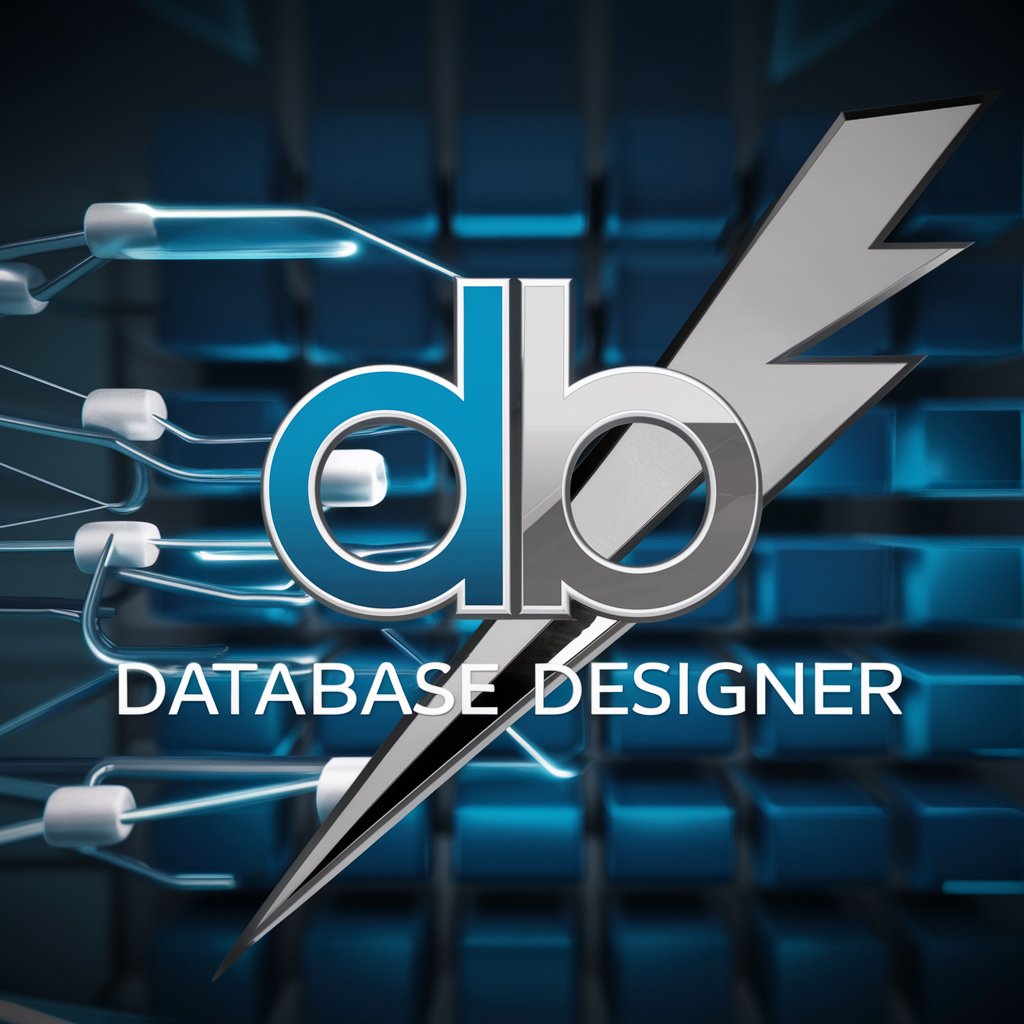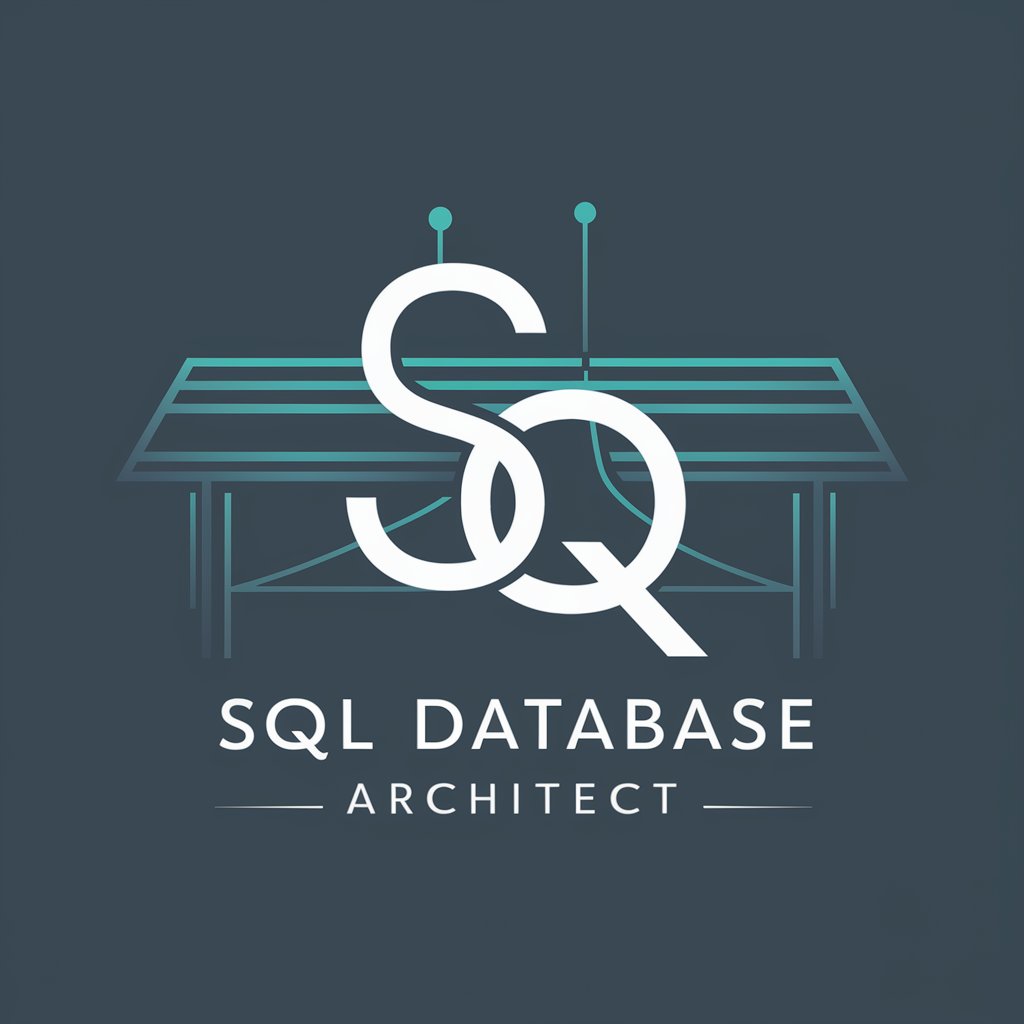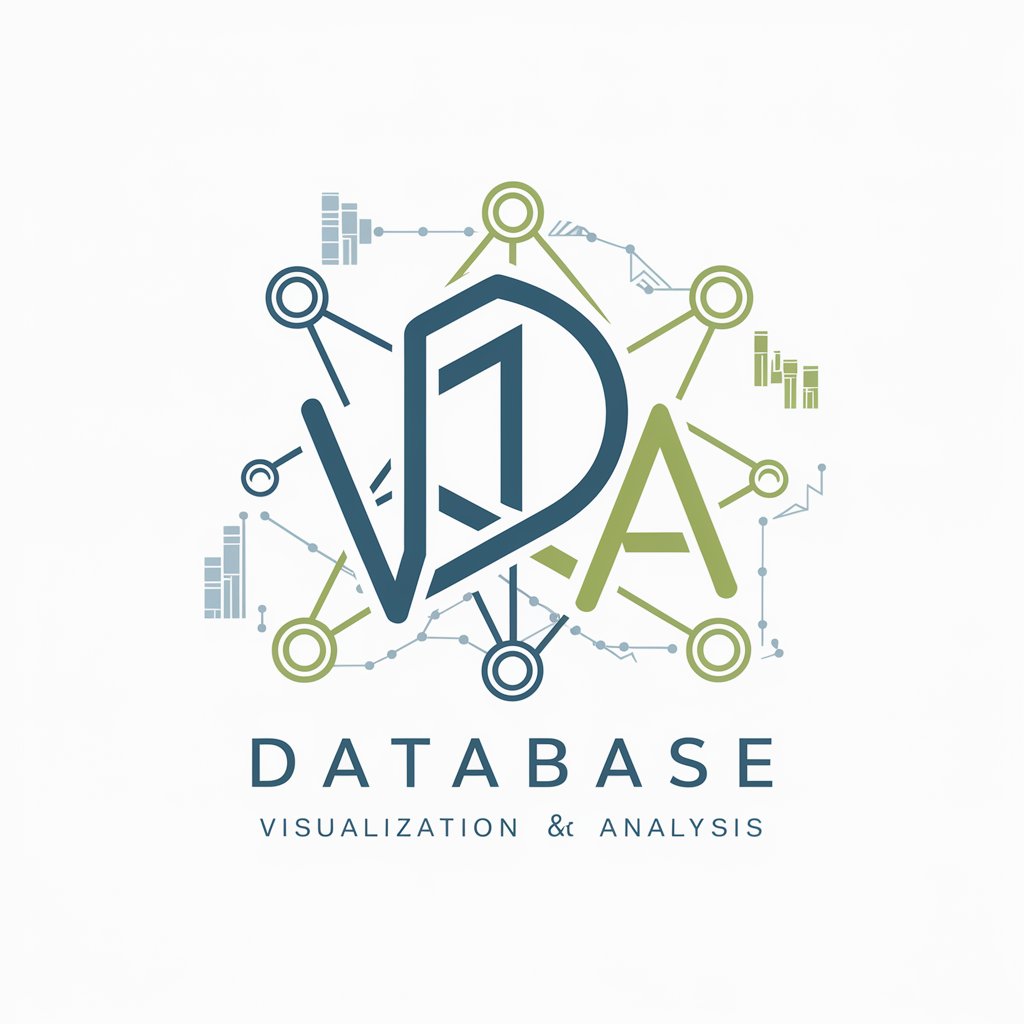
Database Planning Architect by Mojju - Database Schema Planning
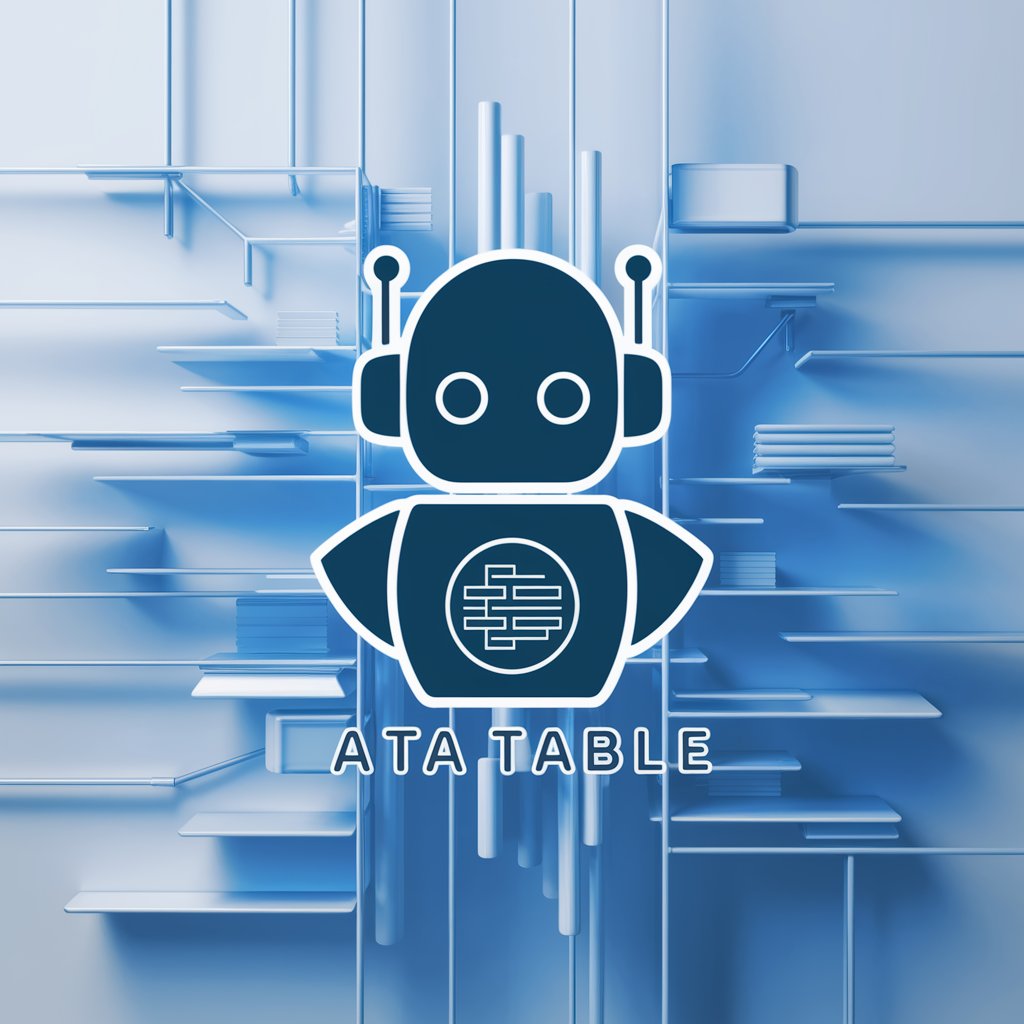
Welcome! Let's design your database with precision.
Streamline database design with AI
Plan a database schema for a...
What data types should I use for...
How do I establish relationships between...
Explain the best practices for indexing in...
Get Embed Code
Introduction to Database Planning Architect by Mojju
Database Planning Architect by Mojju is a specialized tool designed to assist in the planning, structuring, and optimization of databases. It provides users with guidance on defining schemas, selecting appropriate data types, and understanding the intricate relationships between tables within a database. This tool is particularly useful for those looking to design efficient, scalable, and effective database systems for various applications. For example, when planning a new customer relationship management (CRM) system, Database Planning Architect by Mojju can help in structuring the database to ensure that customer data is efficiently organized, relationships between customer interactions and sales data are well-defined, and the system is scalable as the business grows. Powered by ChatGPT-4o。

Main Functions of Database Planning Architect by Mojju
Schema Definition Guidance
Example
For a blog application, guidance on organizing tables for posts, users, comments, and categories.
Scenario
Ensuring that the database schema for a blog is designed to efficiently handle relationships between posts and authors, categorization of content, and user comments, optimizing for query performance and data integrity.
Data Type Selection
Example
Choosing between VARCHAR and TEXT for storing article content in a content management system.
Scenario
Helping developers decide on the most appropriate data types for storing varying lengths of text in a database, considering factors like performance implications and storage requirements.
Relationship Mapping Between Tables
Example
Designing a relational schema for an e-commerce platform that connects users, orders, products, and reviews.
Scenario
Assisting in the creation of a comprehensive relational database model for an e-commerce system to efficiently manage user data, product information, order history, and product reviews, ensuring data consistency and integrity.
Ideal Users of Database Planning Architect by Mojju Services
Database Developers
Professionals tasked with designing, implementing, or maintaining database systems. They benefit from Database Planning Architect by Mojju by receiving expert guidance on structuring databases optimally for performance, scalability, and maintainability.
Software Architects
Individuals responsible for the high-level design of software systems. They can utilize Database Planning Architect by Mojju to ensure the database architecture aligns with the overall system design and performance requirements, facilitating efficient data flow and storage solutions.
Project Managers
Managers overseeing software development projects who need to understand the implications of database design decisions on project timelines, resource allocation, and scalability. Database Planning Architect by Mojju can provide them with insights to make informed decisions and communicate effectively with technical teams.

How to Use Database Planning Architect by Mojju
1
Visit yeschat.ai for a free trial without login, also no need for ChatGPT Plus.
2
Select the 'Database Planning Architect by Mojju' option to start planning your database schema.
3
Input your initial database requirements, including tables, fields, and types of data you anticipate storing.
4
Utilize the interactive interface to define relationships between tables, such as one-to-many or many-to-many.
5
Review the automatically generated database schema suggestions and use them as a guide to refine your database structure.
Try other advanced and practical GPTs
How can I market my custom GPT?
Empower Your Marketing with AI
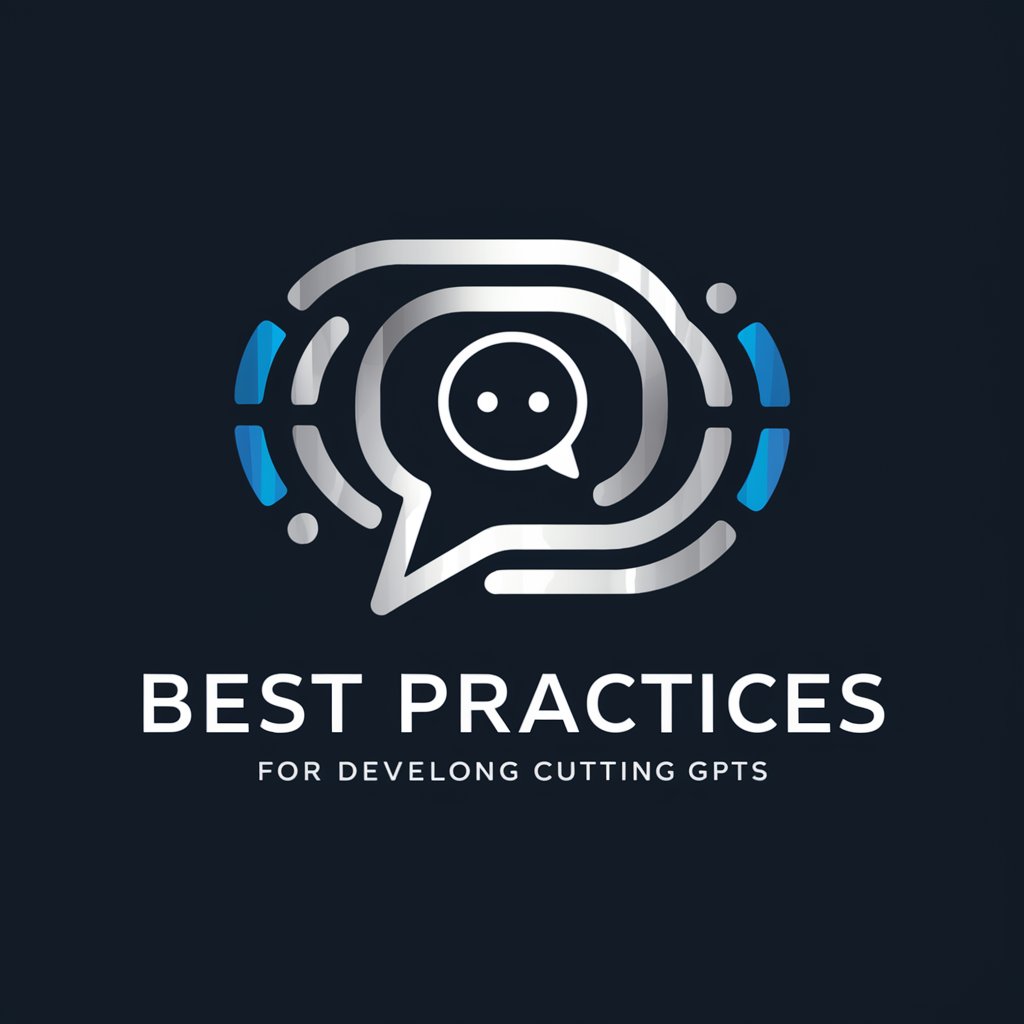
GPT Health Coach | gpthealthcoach.com
Empowering Your Wellness Journey with AI

Musiklehrer-Bot
Empowering musical journeys with AI

Fashion Paws
Tailoring Trends to Paws

NBA Expert
Empowering NBA insights with AI

Oliver
Engage, Discover, and Enjoy with AI

Tax GPT
Empowering tax understanding with AI

MS Legal Companion
Empowering legal discovery with AI

" Persönlicher Anwalt "
AI-powered Legal Advisor at Your Service

Bible Study AI
Empowering your Bible study with AI

Wertu - Dive Trip Planner
Your AI-powered Dive Trip Navigator

Reply Master
Craft Culturally Sensitive, Polite Responses with AI

Database Planning Architect by Mojju Q&A
What is Database Planning Architect by Mojju?
It's an AI-powered tool designed to assist users in planning and structuring databases efficiently, offering suggestions for schemas, data types, and table relationships.
Who can benefit from using this tool?
Database administrators, developers, and academic researchers looking to design or optimize database schemas can find this tool especially beneficial.
Can it help with existing database schemas?
Yes, it can analyze existing schemas to suggest optimizations for efficiency, normalization, and scalability.
Does it support all types of databases?
It's designed to support a wide range of relational databases, such as MySQL, PostgreSQL, and SQLite, and can provide insights relevant to NoSQL databases.
How does AI contribute to database planning?
AI algorithms analyze database requirements and existing structures to offer optimized schema designs and relationship mappings, reducing manual effort and improving database performance.
